
Jacob McGavock Dickinson was United States Secretary of War under President William Howard Taft from 1909 to 1911. He was succeeded by Henry L. Stimson. He was an attorney, politician, and businessman in Nashville, Tennessee, where he also taught at Nashville University. He came to have a national role after moving to Chicago, Illinois, in 1899.
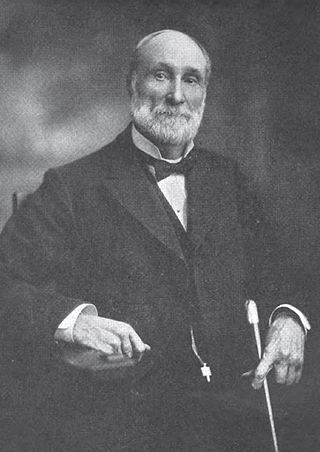
James Kennedy Patterson was an academic who served as the first president of the University of Kentucky. His family immigrated from Scotland to Indiana in 1842 when he was nine years old. He pursued what meager educational opportunities were available in his new home, and eventually attended Hanover College, where he earned a Bachelor of Arts degree in 1856 and a Master of Arts degree in 1859. He briefly taught at Stewart College in Clarksville, Tennessee, but left the area when the Civil War forced the college to suspend operations. He became the principal at Transylvania Academy in Lexington, Kentucky, in 1861. When Transylvania was merged with Kentucky University and the newly formed Kentucky Agricultural and Mechanical College in 1865, Patterson became a professor at the new institution, and was eventually given charge of the constituent Agricultural and Mechanical College.
University of Nashville was a private university in Nashville, Tennessee. It was established in 1806 as Cumberland College. It existed as a distinct entity until 1909; operating at various times a medical school, a four-year military college, a literary arts college, and a boys preparatory school. Educational institutions in operation today that can trace their roots to the University of Nashville include Montgomery Bell Academy, an all-male preparatory school; the Vanderbilt University Medical School; Peabody College at Vanderbilt University; and the University School of Nashville, a co-educational preparatory school.
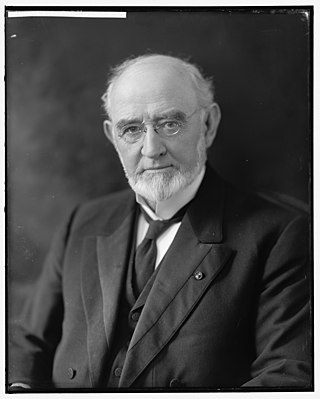
Earl Cranston was an American bishop of the Methodist Episcopal Church, elected in 1896. He also distinguished himself as a Methodist pastor and presiding elder, and as an editor and publisher of the M.E. Church.
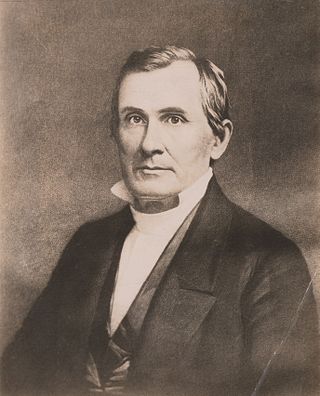
The Reverend George Junkin was an American educator and Presbyterian minister who served as the first and third president of Lafayette College and later as president of Miami University and Washington College.
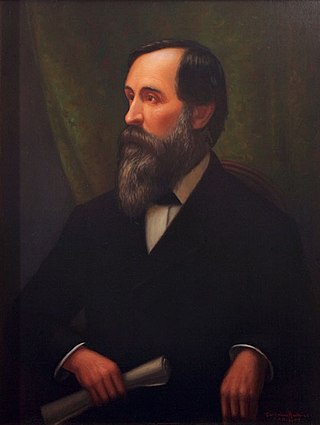
John Berrien Lindsley (1822–1897) was an American Presbyterian minister and educator in Nashville, Tennessee.
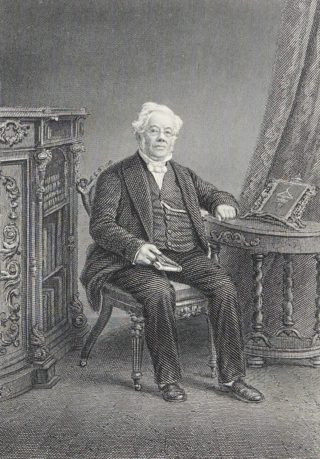
Robert Burns was a Scottish theological writer and church leader.
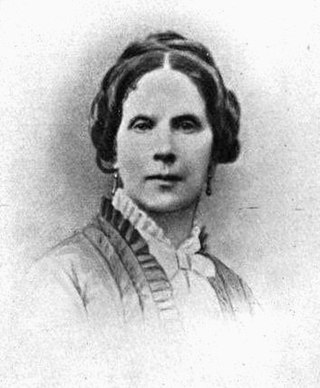
Margaret Junkin Preston was an American poet and author.
John Hugh Smith (1819–1870) was an American Whig politician. He served as the Mayor of Nashville, Tennessee, three times, from 1845 to 1846, from 1850 to 1853, and from 1862 to 1865.

Lewis Warner Green was a Presbyterian minister, educator, and academic administrator who was the president of Hampden–Sydney College, Transylvania University, and Centre College for various periods from 1849 to 1863. Born in Danville, Kentucky, baptized in Versailles, and educated in Woodford County, Green enrolled at Transylvania University but transferred to Centre College to complete his education. He graduated in 1824 and in doing so became one of two members of the school's first graduating class. After short periods studying medicine and law, he enrolled at Princeton Theological Seminary in 1831 but returned to Kentucky in 1832 before graduating. The occasion of his return was his election as professor of political economy and belles-lettres; he taught for two years, and became licensed as a preacher during that span, before taking a two-year leave of absence to travel to Europe. Some time after returning, he was elected by the Synod of Kentucky to be professor of oriental and biblical literature at Hanover College, though he stayed there for only one academic year before returning to Centre in 1839 to resume his prior teaching positions and take the office of vice president.

The Reverend Elbert Nevius Condit (1846–1900) was a Presbyterian minister and the third president of Occidental College in California.
Richard Owen Currey (1816–1865) was an American academic, physician and Presbyterian minister. He was a professor at the University of Nashville and the publisher of agrarian and medical journals. During the American Civil War, he was a surgeon and chaplain for the Confederate States Army.
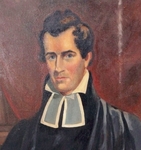
Philip Lindsley (1786–1855) was an American Presbyterian minister, educator and classicist. He served as the acting president of the College of New Jersey from 1822 to 1824, and as the first president of the now-defunct University of Nashville from 1824 to 1850.
Adrian Van Sinderen Lindsley (1814–1885) was an American lawyer, businessman and politician from Tennessee.
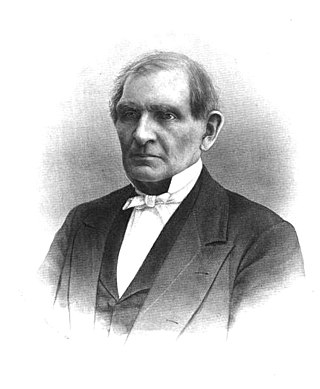
John Berry McFerrin (1807–1887) was an American Methodist preacher and editor. He served as a chaplain in the Confederate States Army during the American Civil War.
William H. Wisener was an American politician, active primarily at the state level in Tennessee during the mid-19th century. He served four terms in the Tennessee House of Representatives, including one term as Speaker (1853–1855). A Southern Unionist, he led the opposition to secession in the House on the eve of the Civil War. After the war, he served in the Tennessee Senate, where he introduced the 13th Amendment for ratification in April 1865.
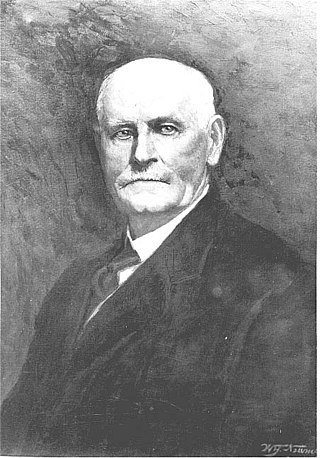
John Trotwood Moore (1858–1929) was an American journalist, writer and local historian. He was the author of many poems, short stories and novels. He served as the State Librarian and Archivist of Tennessee from 1919 to 1929. He created Moore Academy in Pine Apple, Alabama in 1883. He was "an apologist for the Old South", and a proponent of lynching.
John Edwin Windrow was an American educator. He became known as "Mr. Peabody" for his five-decade career at Peabody College in Nashville, Tennessee. He was a critic of Nashville's social ills and intellectual segregation.
Thomas Verner Moore (1818-1871) was a Reformed theologian and Presbyterian minister in the Presbyterian Church in the United States (PCUS) who served as Moderator of the General Assembly of the PCUS Southern Presbyterian Church in 1867.













